Investigation relaunched into murder of Kazem Rajavi
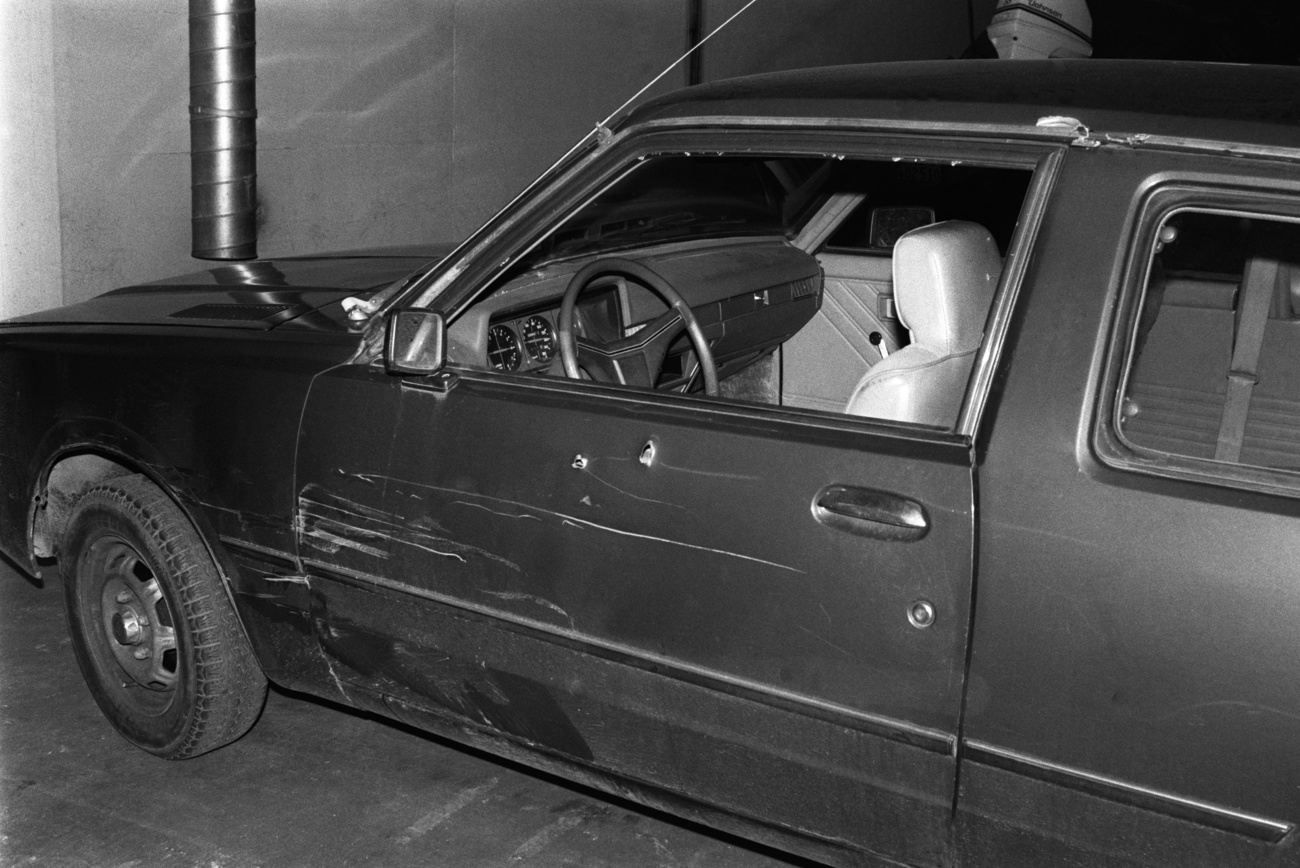
The investigation into the assassination of the Iranian opposition figure Kazem Rajavi in Switzerland in 1990 has been re-opened. His brother has obtained from the Federal Criminal Court an extension of the investigation for genocide and crimes against humanity.
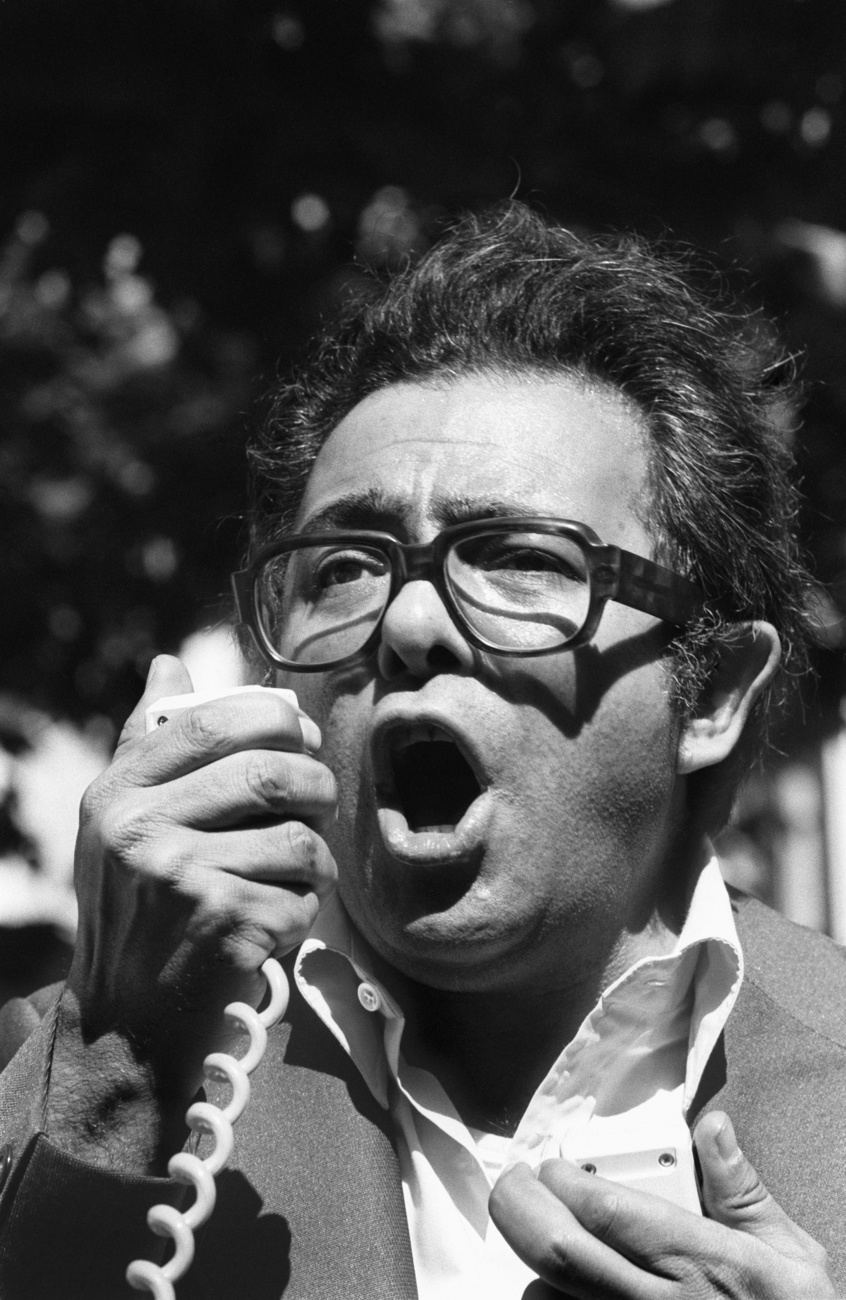
Rajavi, then representative of the opposition National Council of Resistance of Iran (NCRI) in Switzerland, was gunned down in broad daylight by several agents of Iran’s Ministry of Intelligence and Security (MOIS) on April 24, 1990, as he was driving to his home in Coppet, a village near Geneva.
The renowned human rights advocate had been granted political asylum in Switzerland in 1981.
In May 2020 the public prosecutor’s office for canton Vaud announced its intention to close the case against 13 members of the Iranian secret service for murder, complicity and instigation. It said the 30-year statute of limitations had been reached.
As plaintiff, one of Rajavi’s brothers, Saleh Rajavi, said in July 2020 the facts constituted genocide and crimes against humanity. This reclassification made it possible to invoke the inapplicability of the statute of limitations. The case was therefore transferred to the Office of the Attorney General of Switzerland, which has jurisdiction in this matter.

More
Swiss to drop 30-year-old murder case of Iranian opposition leader
The Office of the Attorney General refused to consider the case in April 2021 on the grounds that the murder had been committed before the entry into force of the provisions punishing genocide and crimes against humanity.
However, in a decision dated September 23 the Complaints Court of the Federal Criminal Court accepted the appeal of Rajavi’s brother.
“The assassination in question in this case may have been committed with genocidal intent or with the intention of committing crimes against humanity. As these acts are not time-barred […] they can be prosecuted without time limit. It is therefore appropriate for the Federal Office of the Attorney General to take over the case,” the Federal Criminal Court ruled.
Kazem Rajavi was Iran’s first ambassador to the United Nations headquarters in Geneva following the 1979 Islamic Revolution.
Shortly after his appointment, he resigned in protest against the “repressive policies and terrorist activities of the ruling clerics in Iran”. He then intensified his campaign against mass executions, arbitrary arrests and torture carried out by Iran’s theocratic leadership.
Kazem was the brother of Massoud Rajavi, the leader of the People’s Mujahedin, the main armed opposition group to the Islamic regime. At the time of his assassination, Kazem Rajavi was the representative in Switzerland of the National Council of Resistance of Iran (NCRI), the movement’s political wing.
After his death, Swiss suspicions were focused on Iranian diplomats who had quickly left the country after the assassination, and the Swiss judiciary had drawn up a list of 13 Iranians suspected of having actively participated in the assassination.
In 2006, Switzerland also issued an international arrest warrant for the former Iranian Intelligence Minister Ali Fallahian on suspicion of having ordered the assassination of the Iranian opponent.
Two of the hitmen were later discovered in France and arrested by French police. But despite a warrant for their arrest by the Swiss authorities, the French government put them on a direct flight to Tehran “for reasons of the state”. This drew international condemnation, including from the United States.
The Iranian authorities have always denied any involvement in the attack.

In compliance with the JTI standards
More: SWI swissinfo.ch certified by the Journalism Trust Initiative
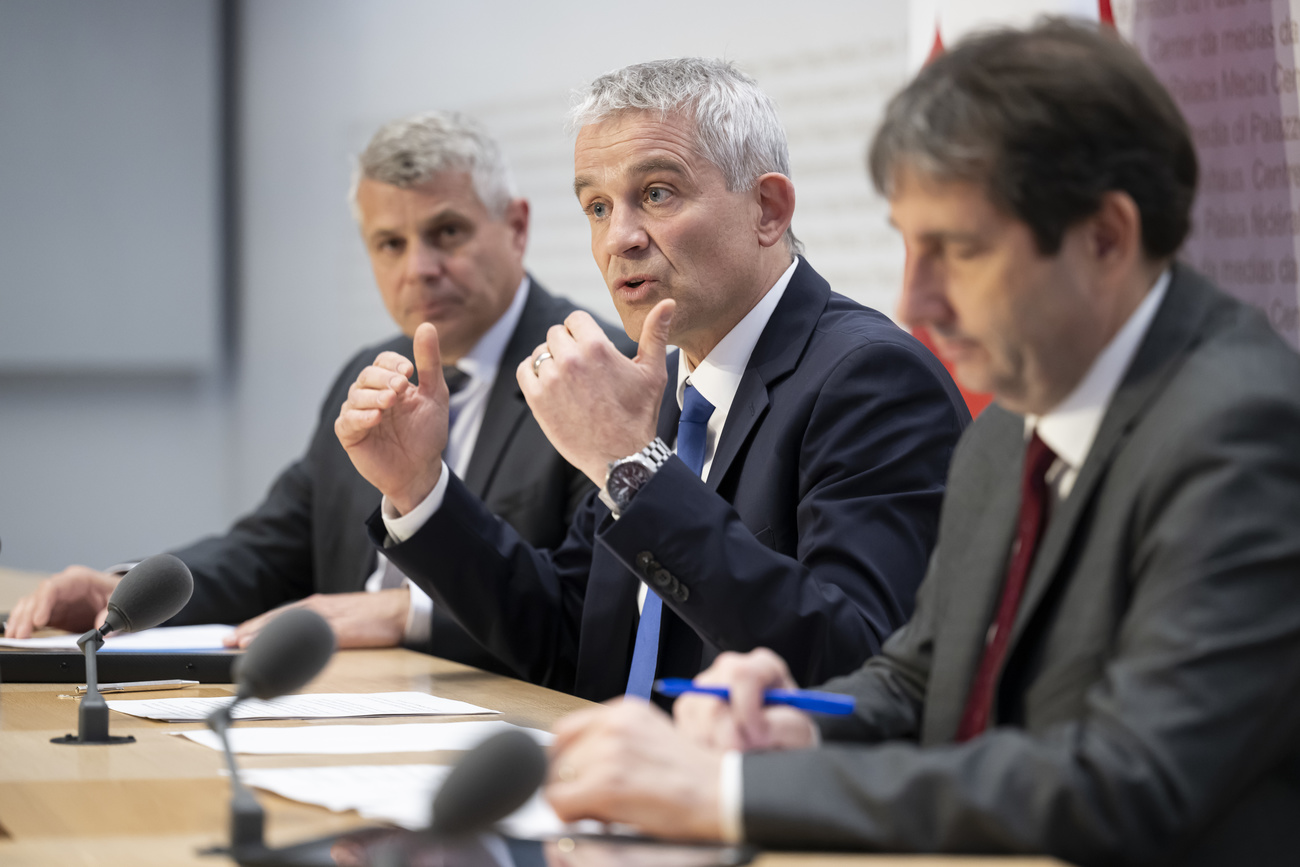
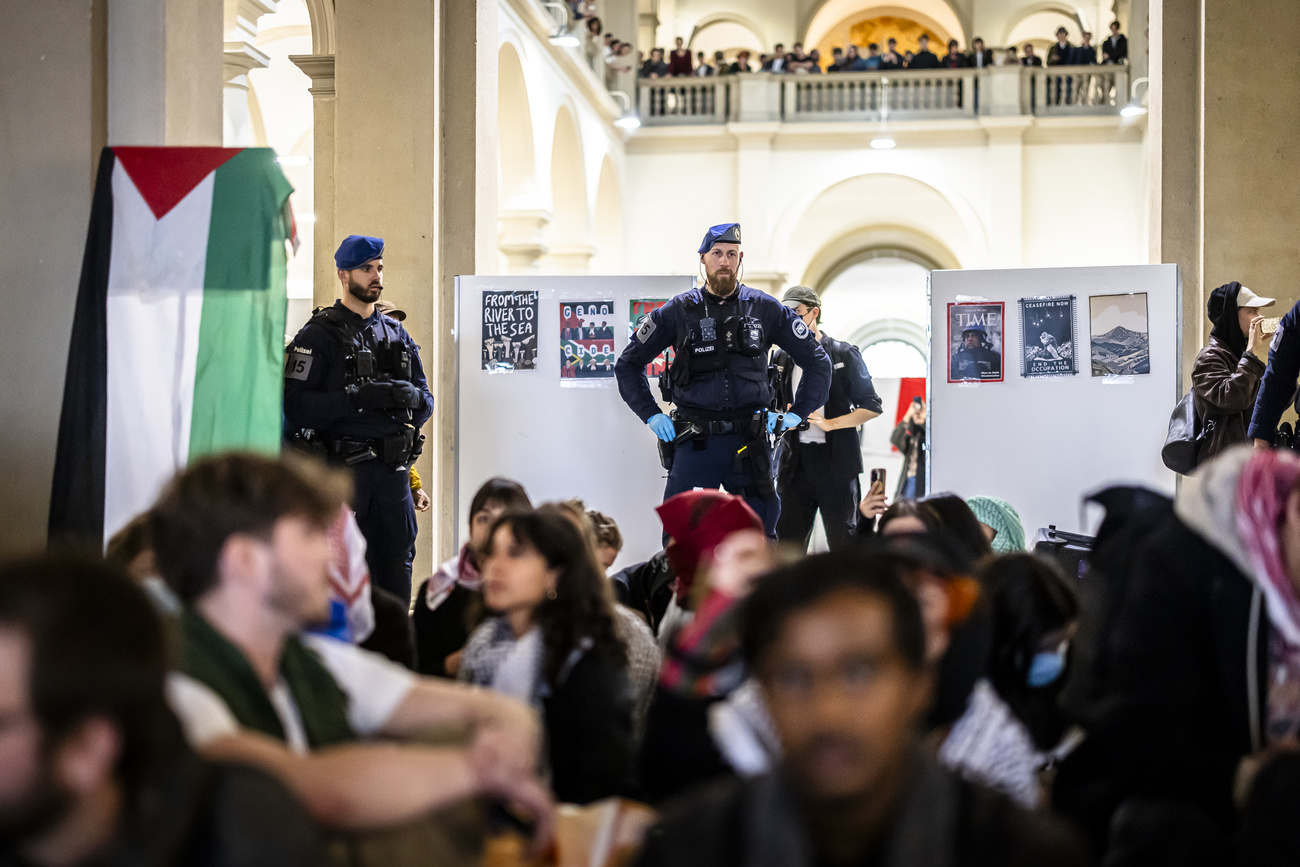
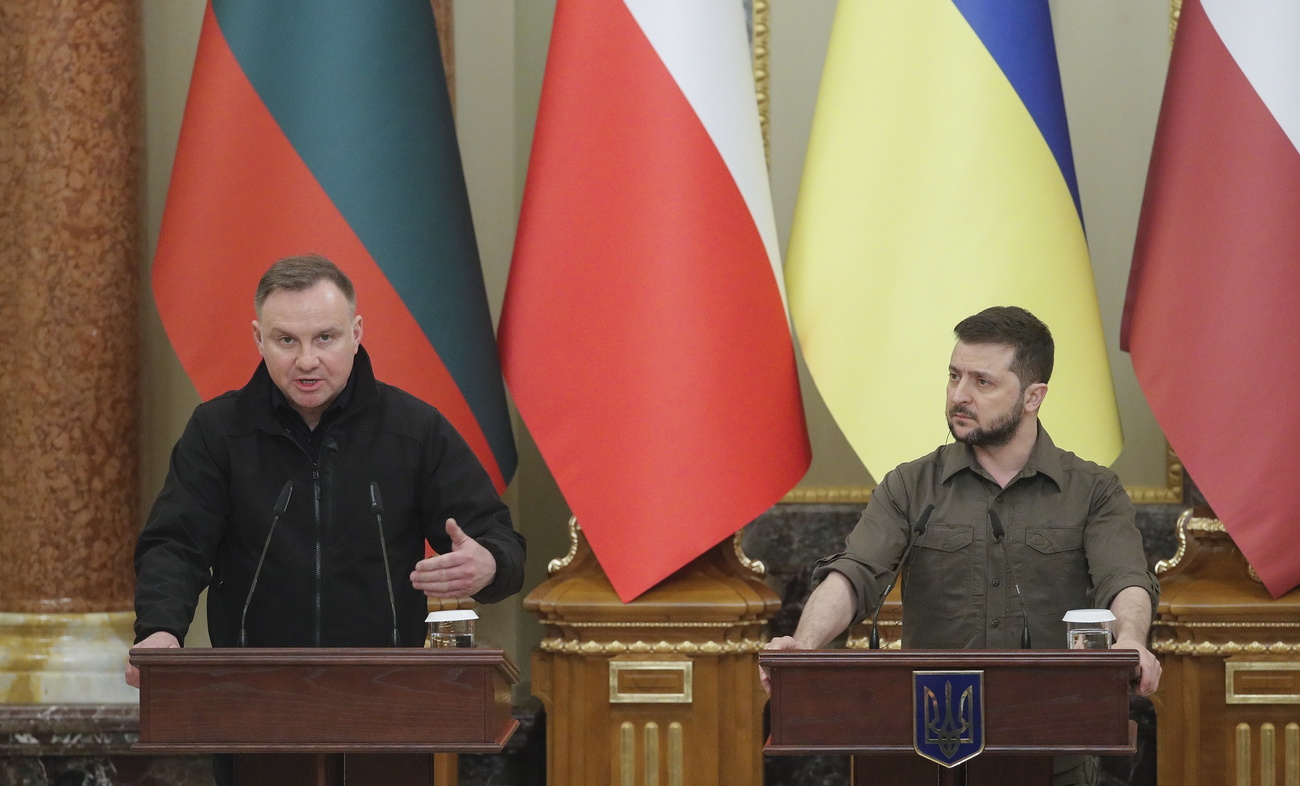
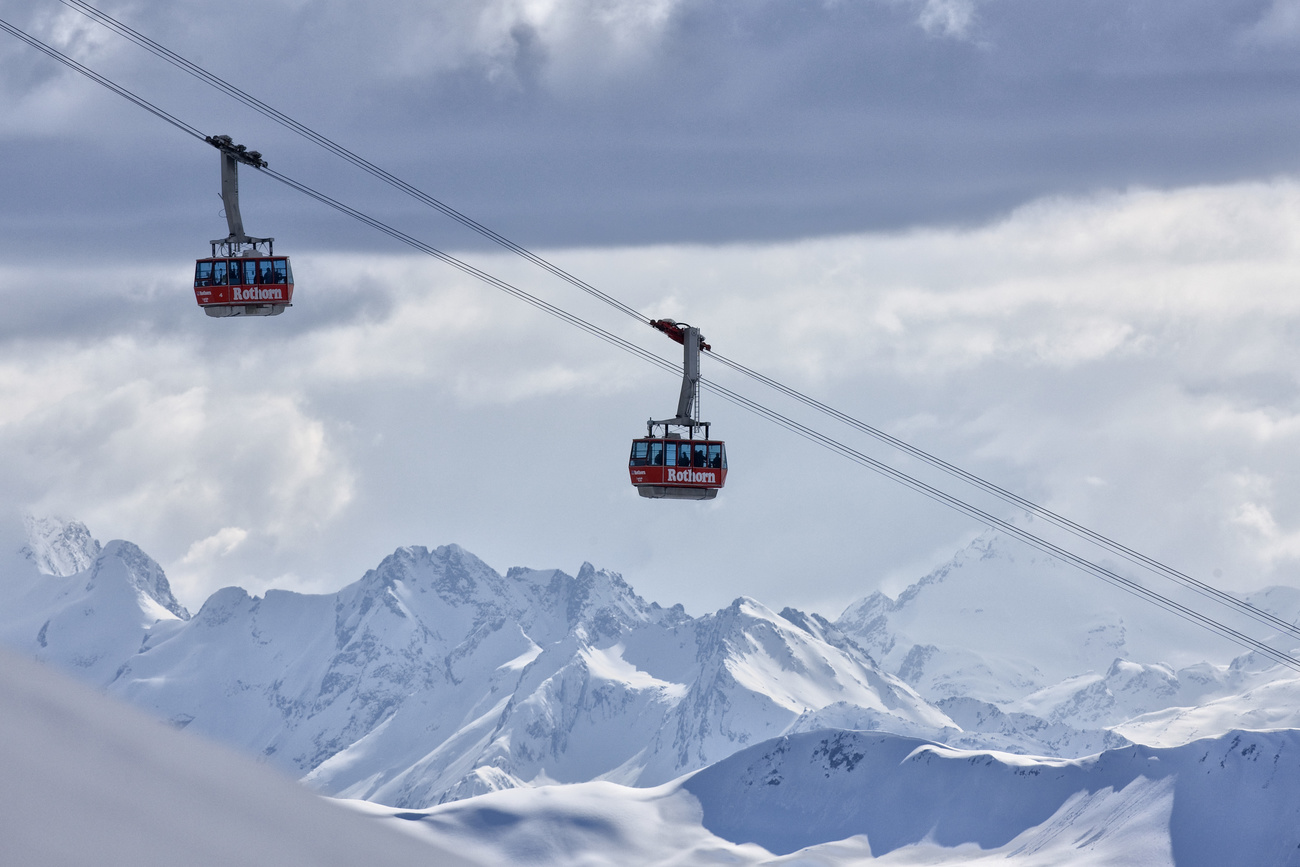
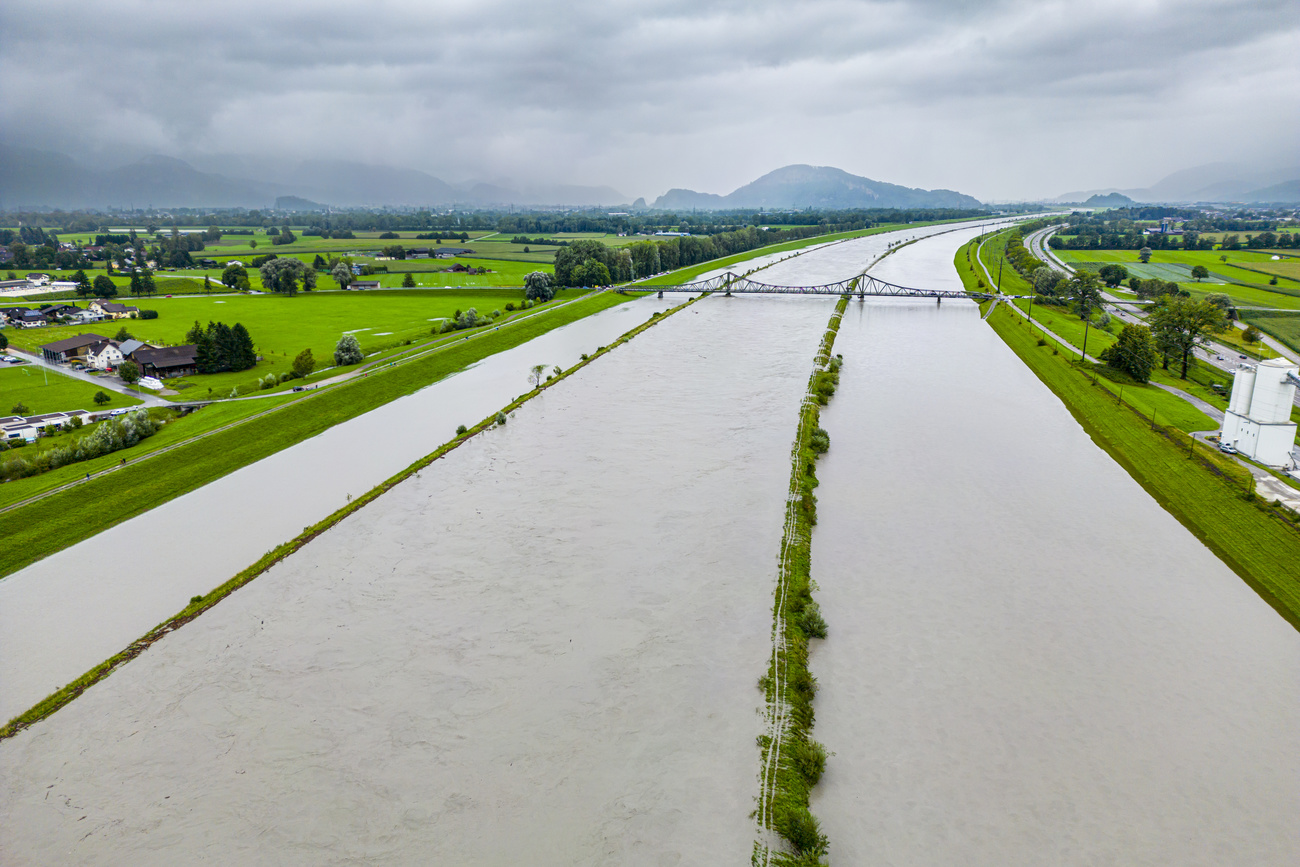
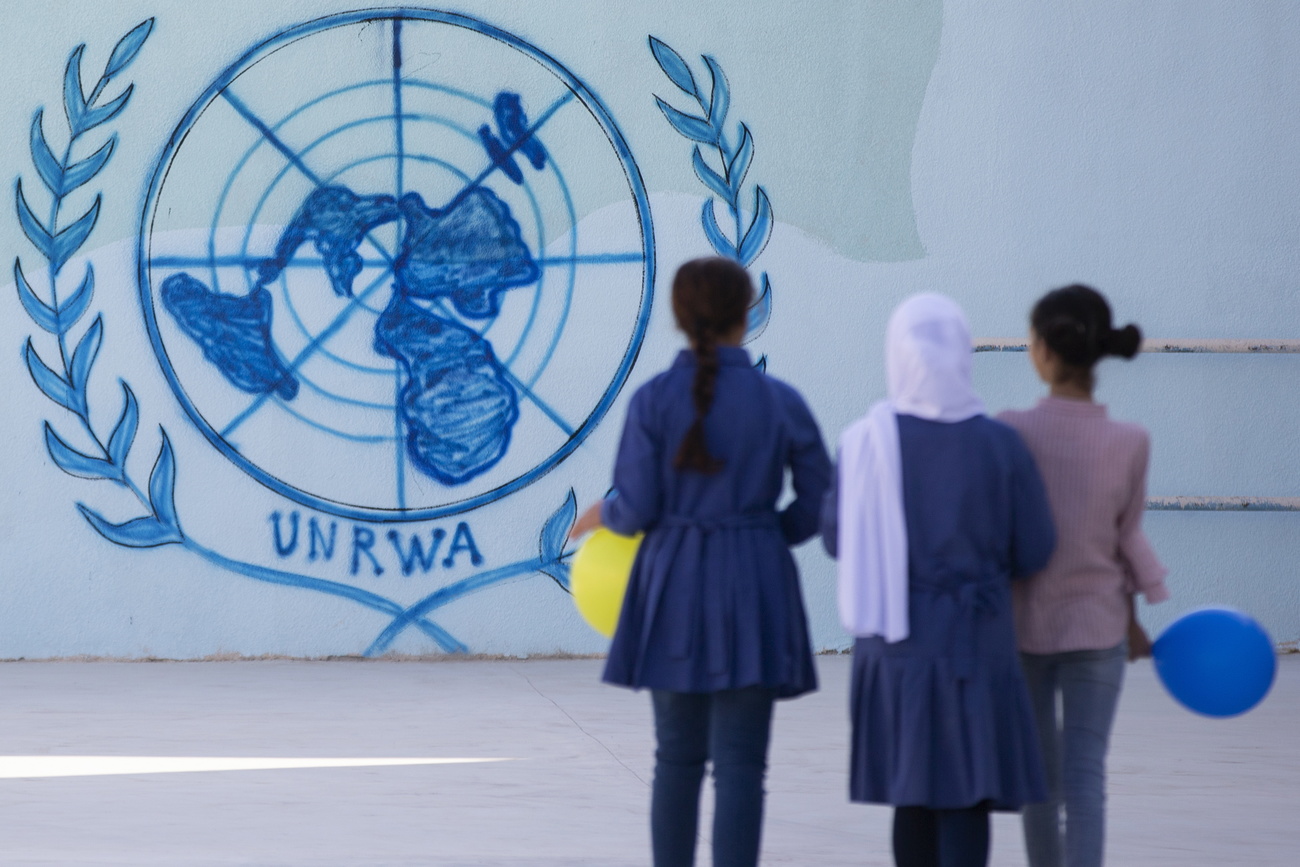

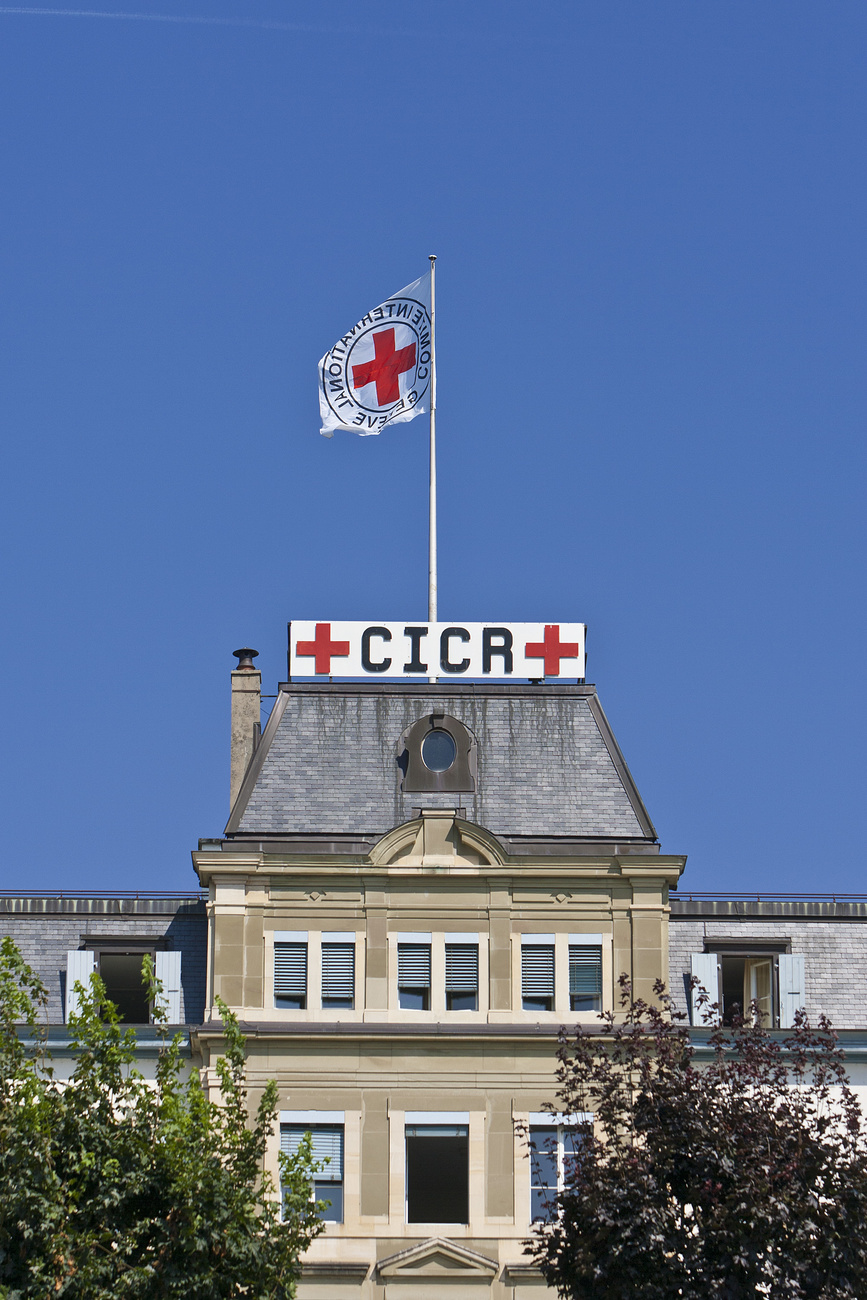
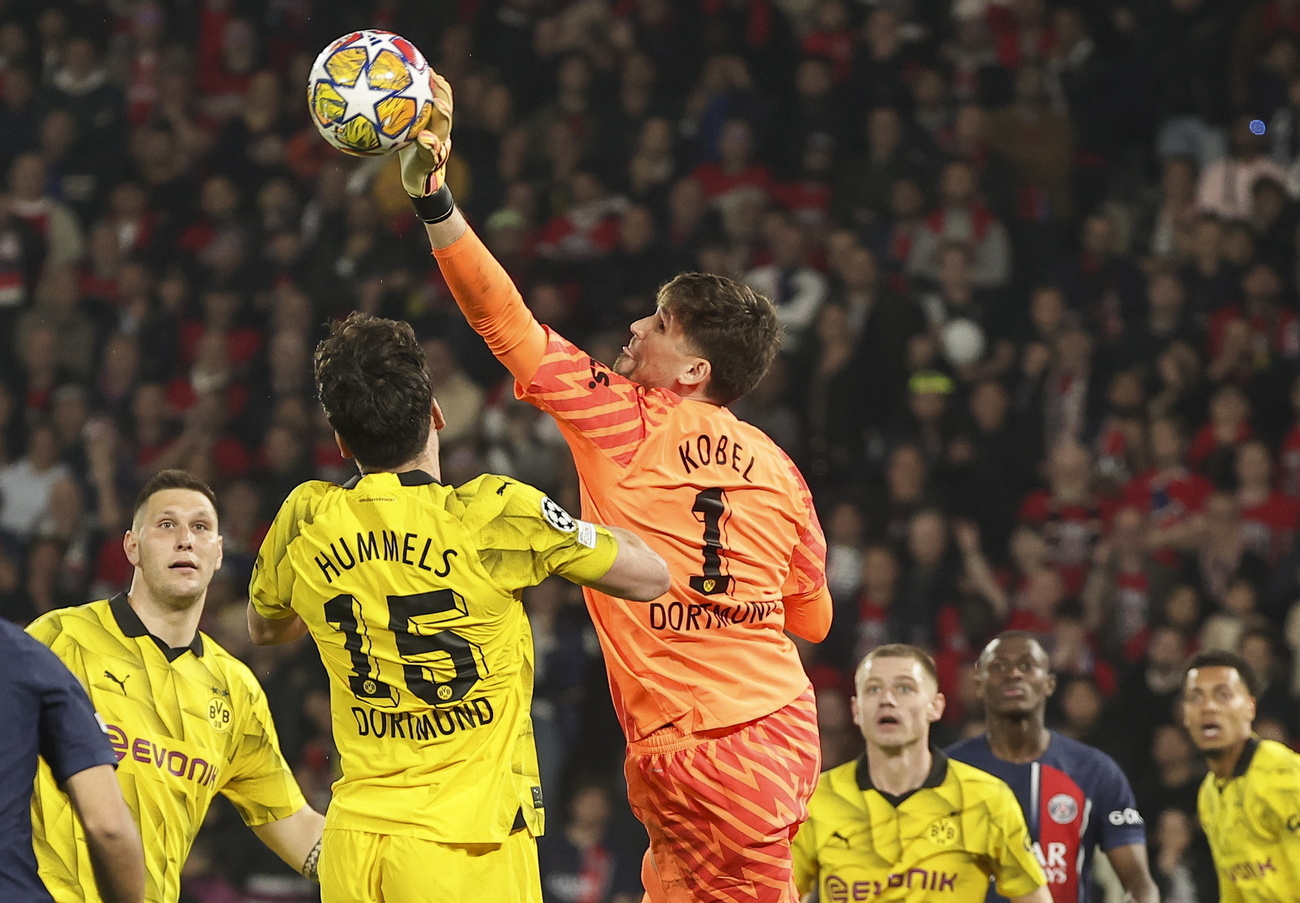
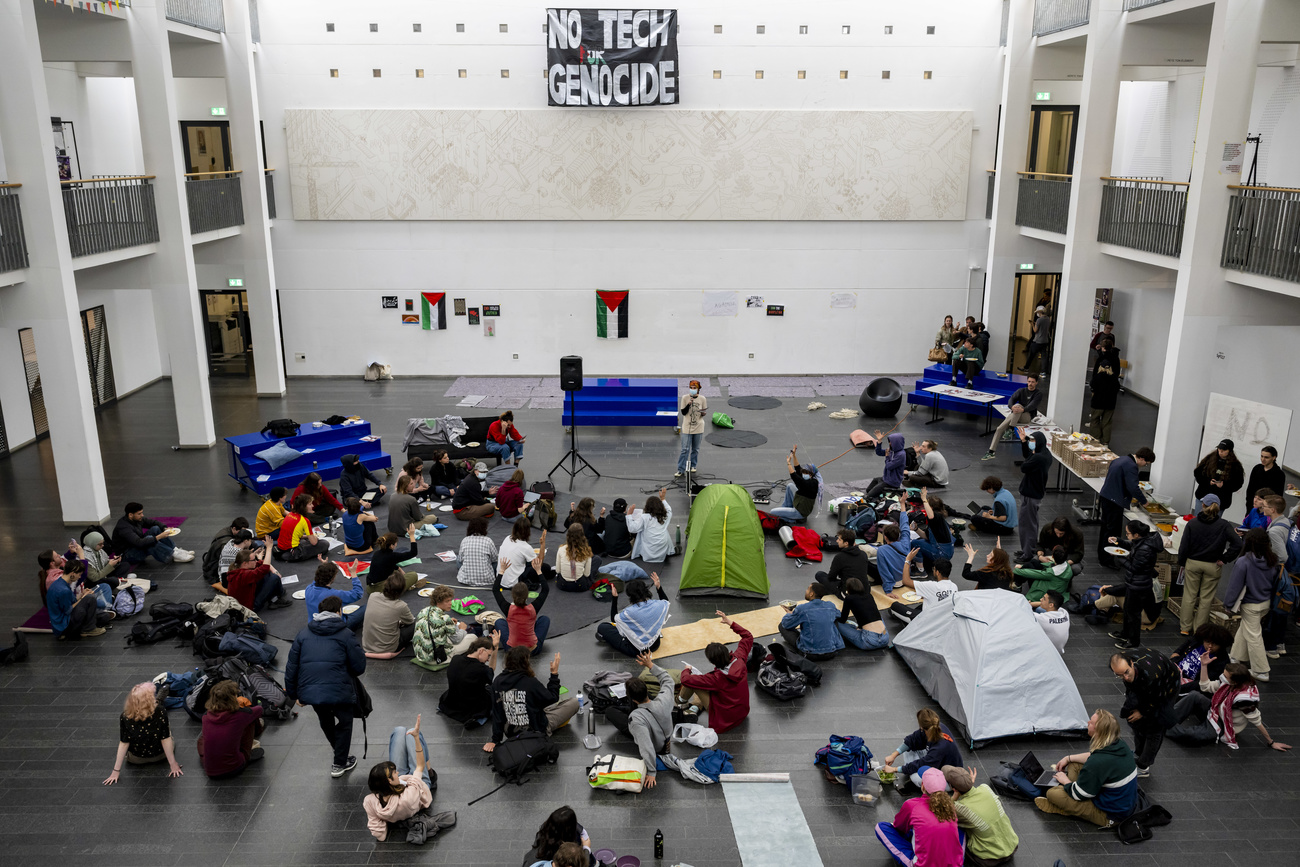
You can find an overview of ongoing debates with our journalists here . Please join us!
If you want to start a conversation about a topic raised in this article or want to report factual errors, email us at english@swissinfo.ch.